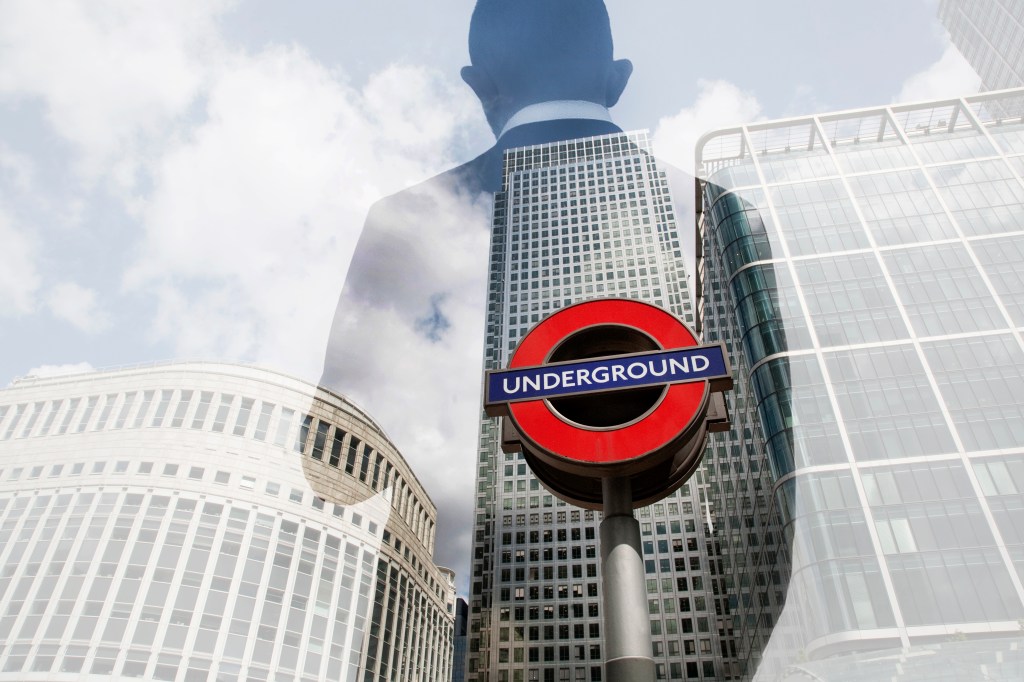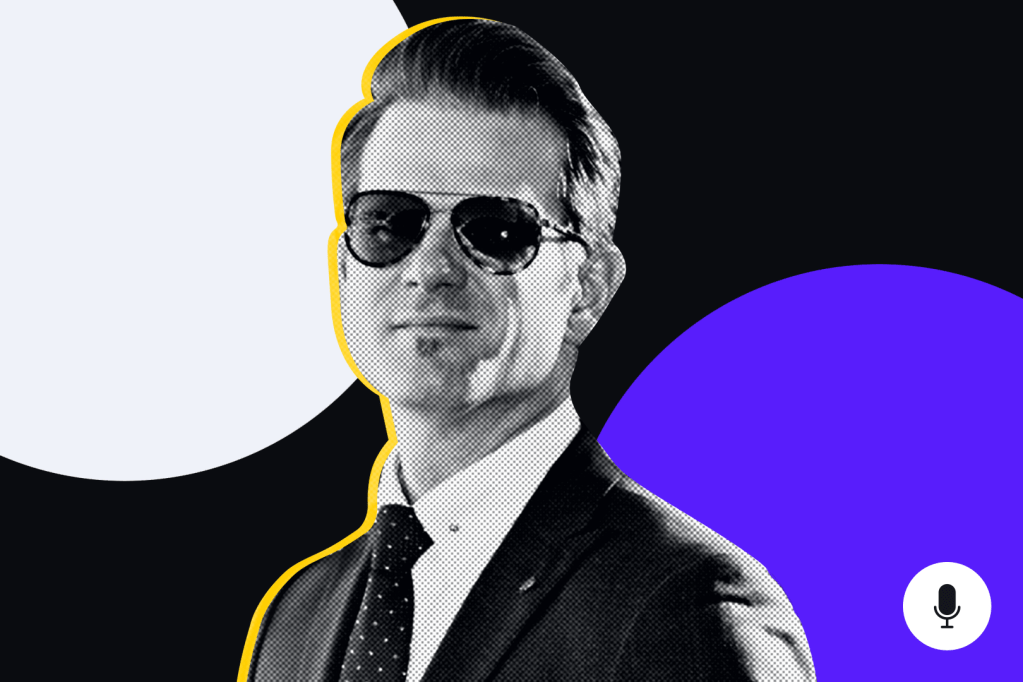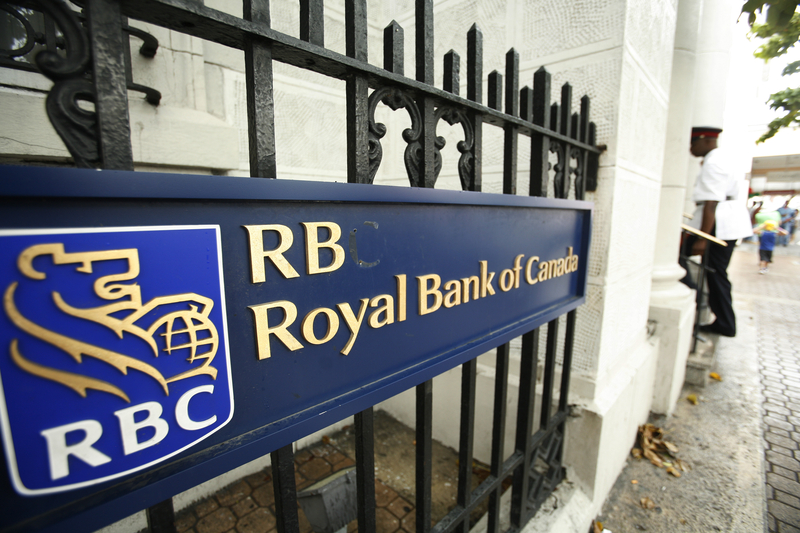This past week has seen five of Canada’s largest banks announcing their withdrawal from the Net-Zero Banking Alliance (NZBA), a global initiative aligning the global banking sector with net-zero greenhouse gas emissions targets by 2050. The banks involved are: BMO (Bank of Montreal), National Bank of Canada, TD Bank Group,
A
Register for free to keep reading
To continue reading this article and unlock full access to GRIP, register now. You’ll enjoy free access to all content until our subscription service launches in early 2026.
- Unlimited access to industry insights
- Stay on top of key rules and regulatory changes with our Rules Navigator
- Ad-free experience with no distractions
- Regular podcasts from trusted external experts
- Fresh compliance and regulatory content every day

















